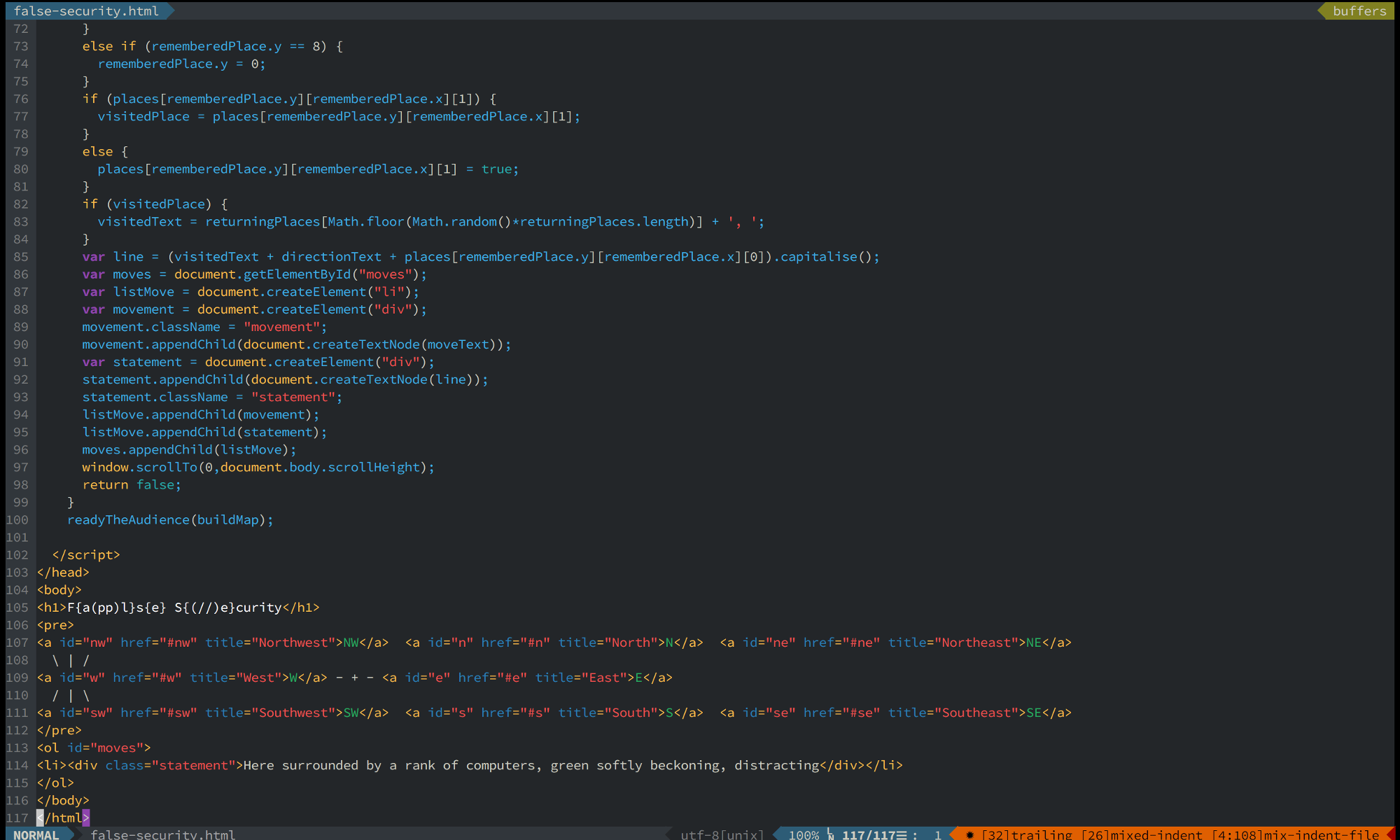Darwin
As geek-in-residence at Australian Poetry my purpose in Darwin was, among many other things, to stream and record WordStorm and the National Poetry Festival events. Essentially, coincidently enough, to act as a documentarian.
Darwin had up until then collected in my imagination as a hodgepodge of memories of the weather in Malaysia, telemovies about Cyclone Tracy, the often recounted bombing during the war and news reports of the NT Intervention. I expected a town flatish, like an Australian country town, with each side assailed by the environment.
I was, of course, completely wrong visually. Multi-storey buildings concentrate in the Darwin city centre and there is a strange feeling of outer suburbia, country town and tropical coastal tourist town. What nature there is is held in the parks but mould grows on all the structures as if to try and reclaim them for the environment.
On my first day everything seemed alien. The air was thick and wet, the city seemed invasive with rows of bars catering to backpackers and other tourists, and as a vegan I was told Darwin was generally unfriendly to vegetarians, so I could be expect it to be harder.
Adding to the surreal nature of Darwin inside the Coles supermarket everything was the same. It was identical to any supermarket I’d been in Melbourne: same stock, same structure and same checkout process. The familiarity pervaded the festival in general and the writers’ centre though small was reassuringly filled with literary journals and Macs.
What though is the specific point-of-view of a documentarian in this situation? The more I looked at Darwin the greater the complexity seemed. Examining a city at macro level is an act of sheer editing, it is almost defined by what you leave out.
WordStorm and the National Poetry Festival
By contrast, the writers’ festival can be defined by what is in the program. Though it can’t be described by what is in the program. Over the course of the four days, the main days were Saturday and Sunday, I recorded and streamed six events. The first was a poetry slam on the Thursday night. It was a mix of local and interstate performers.
I was behind the desk for the event. I generally don’t move the camera as film production isn’t part of my skill set but I chose to do so for the poetry slam. It is a strange perspective as I was present through the act of recording and movement of the camera but I was absent from the event. There is no context except that I was acting as a proxy for a remote audience.
The rest of the streamed events occurred at Darwin’s Brown’s Mart theatre. Two specific events I captured that relate directly to my interest and practice were Ut pictura poesis: The Aesthetics of Poetry and Writing in ‘Language’.
The events may have been anywhere and again this mode of documentation omits the trouble I had with the audio (except as how the video sounds), the historic nature of the building with the thick yellow walls the wireless couldn’t penetrate, and the extra cable we had to run through the building that didn’t work out anyway.
Most present, as I was recording, watching, talking to people, was Robert Coles’s thought toward the end of chapter one of Doing documentary work the reference to George Eliot’s Middlemarch of the unnoticed and undocumented. While I was recording, others events were occurring elsewhere.
Rather than just record an event, I want to be able to express an event. And to express the event I want to be able to capture that event for the the retelling. All nonfictional stories are going to have their weaknesses but as the asymptote approaches zero, can we have a mode nonfictional storytelling that approaches truth? And is this storytelling through the accurate portrayal of an event as an event (understanding, as Katherine Hayles argues, a digital/electronic work as an event)?
I’m not sure the documentary process I conducted was successful. It was, for me, a linear way of collecting information. I’m not certain I know what a nonlinear way would be: more cameras in different locations? interviews? paper and pen? I’m also not sure how helpful documentation is to the poetic. That said, on the AustralAsia panel the writer, poet, translator Ouyang Yu remarked he’d written twenty pages of poetry since being in Darwin for the festival. His poetic process was constant and documentary.
